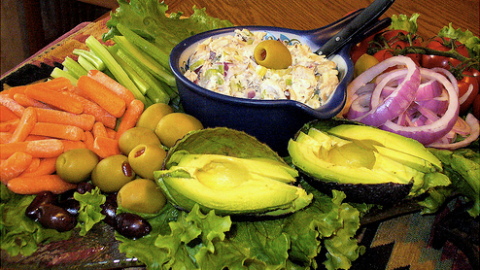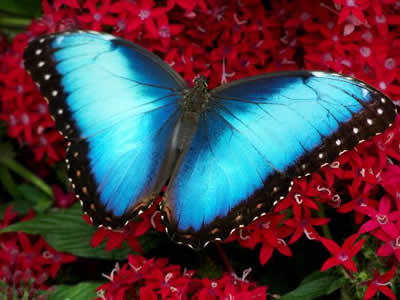Why Top 10 Lists May Be Bad for Your Health

When the New York Times published its list of most-viewed stories of 2009, a post from the Well Blog, “The 11 Best Foods You Aren’t Eating,” ranked near the top and then remained one of the Times’s most emailed stories for weeks after its reappearance. The list not only identifies foods ranging from sardines to frozen blueberries as forsakenly “healthful,” it also illustrates a common delight in isolating certain foods as ‘essential,’ dietary must-haves. As today’s Big Think guest Marion Nestle explains, this way of thinking about food and health is entirely flawed: the proportional intake of general food categories is what matters, while extolling certain ‘miracle’ foods is just easy marketing.
Though Nestle, a professor of Nutrition, Food Studies and Public Health at NYU, refuses to give any sort of catchy list of key foods, she identifies one, almost inescapable, ingredient to try to avoid: salt. Less sure is Nestle about the effects of caffeine. Though the drug is ‘hyper’-present in stores today, and often unmarked, scientists have been scrambling for years to link it with a concrete health problem, and still have nothing. Professor Nestle is also ambivalent about the health effects of vegetarianism. Far from the wonder-diet that makes one skinny, deathless, and seemingly carbon-footprint-free, one might still be in better shape eating small amounts of meat.





